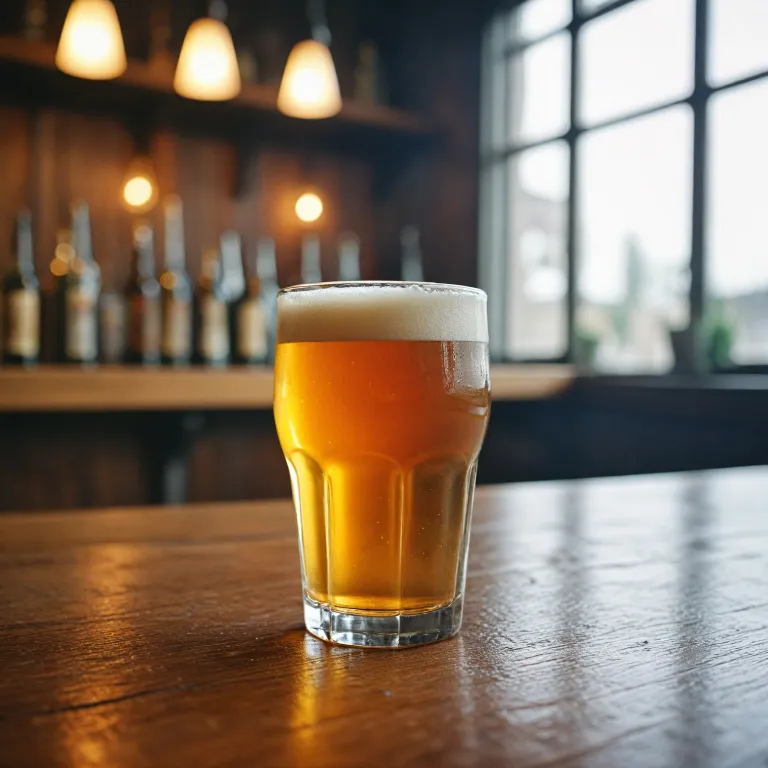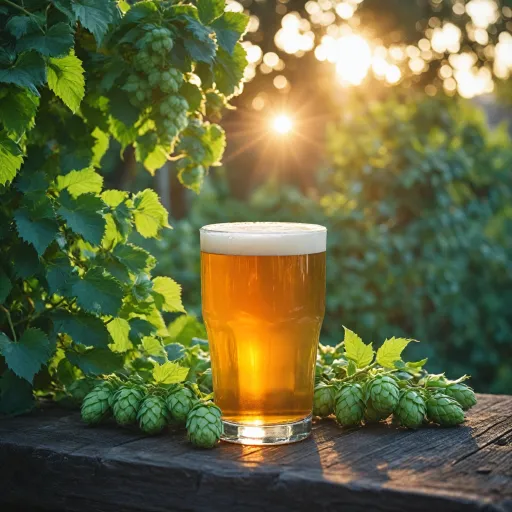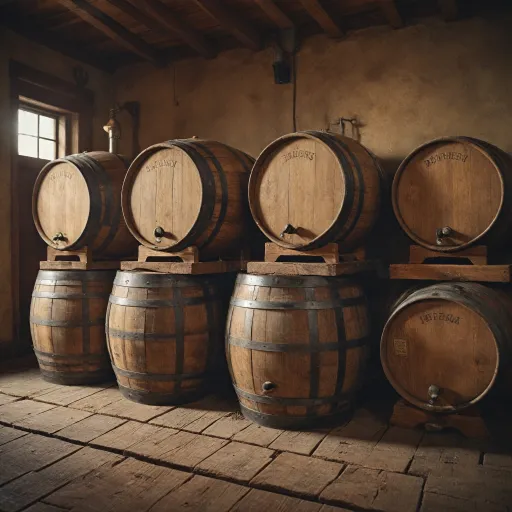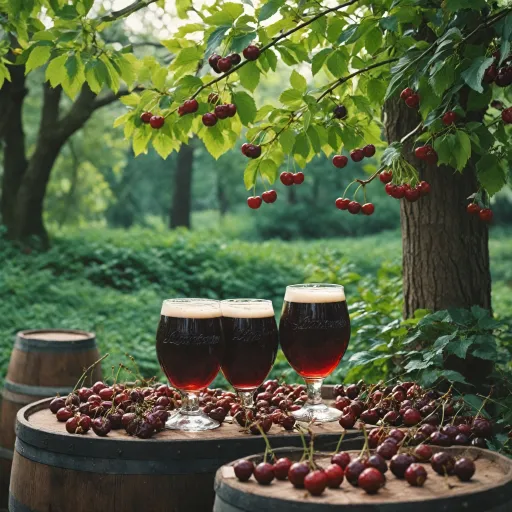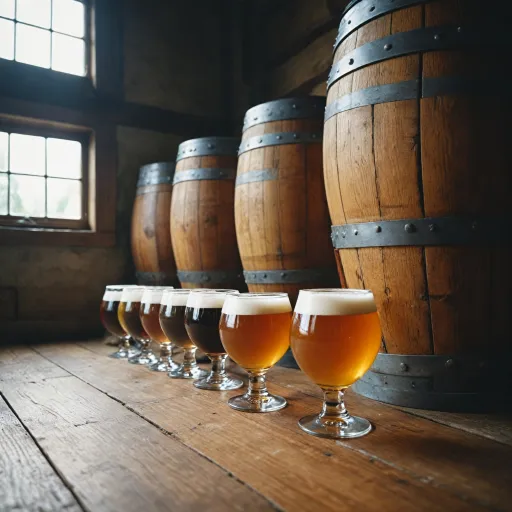
Understanding Gluten in Beer
What is Gluten and Why it Matters in Beer
Before diving into whether Stella Artois is suitable for a gluten-free diet, it’s essential to understand what gluten is and how it plays a role in beer production. Gluten is a group of proteins commonly found in wheat, barley, and rye. For individuals with celiac disease or gluten sensitivity, consuming gluten can cause adverse health effects, making it crucial to identify its presence in foods and beverages, including beer.
In the brewing process, barley and wheat are frequently used as primary ingredients. Both these grains naturally contain gluten, which means most traditional beers will have gluten unless they undergo a specific process to remove it. This presence of gluten can pose concerns for those seeking gluten-free beer options, often leading them to explore alternatives to conventional brews.
It’s important to keep in mind that not all beers will have the same levels of gluten, which is why precise testing is required to determine the gluten content in beverages like Stella Artois. For those interested in exploring unique beer flavors that align with their dietary needs, considering gluten-conscious options might be an exciting route.
In subsequent sections, we'll delve into the specific ingredients and brewing processes of Stella Artois itself, assess its gluten content, and propose suitable alternatives for those who need to avoid gluten entirely.
Stella Artois and Its Ingredients
Ingredients in the Brewing Process
Stella Artois is known for its distinct taste, achieved through a carefully selected list of ingredients. Primarily, it employs barley malt, hops, and water, which are standard components in the brewing of traditional lagers. The inclusion of barley malt is significant, as it contains gluten—a protein found in several grains like wheat and rye.Malted Barley at the Core
Barley, as a gluten-containing grain, forms the main ingredient in Stella Artois. During the malting process, barley grains germinate, developing enzymes that convert starches into fermentable sugars. It's this malted barley that imparts the beer's flavor and body, but it also makes Stella Artois unsuitable for those adhering to a gluten-free diet.Selection of Hops
The hops used in Stella Artois contribute to its aromatic profile and bitterness balance. While hops themselves are gluten-free, their presence in the formulation doesn't alter the beer's overall gluten content. For those curious about other unique flavors in beer, exploring the appeal of Blood and Honey beer could be an exciting avenue.No Gluten-Free Claims
Stella Artois does not make any claims of being gluten-free, and as such, it is not safe for those with celiac disease or severe gluten sensitivities. Understanding these ingredients and their implications helps in making informed choices about beer consumption for those on a gluten-conscious diet.Testing for Gluten Levels in Stella Artois
Assessing Gluten Content in Stella Artois
For those following a gluten-free diet, it's crucial to verify the gluten levels in any beer you're considering. Stella Artois, with its Belgian lager pedigree, is often scrutinized for its gluten content. Typically, beer is brewed from barley, which inherently contains gluten. This raises concerns for those sensitive or allergic to gluten, making it essential to determine the precise gluten levels. Some breweries have begun offering tested gluten levels for reassurance, promoting transparency and consumer safety. Unfortunately, Stella Artois does not market itself as gluten-free. It is crucial to remember that the brewing process does not typically remove gluten from the barley used. While some beer lovers with gluten sensitivities may not react to certain gluten levels, it remains risky for those with celiac disease or severe gluten intolerance. For more on enjoying the diverse flavors of Belgian lagers, you can explore the Belgian lager experience.
- + Durable glass construction
- + Classic design
- + Versatile for various beverages
- + Aesthetic appeal
Cross Contamination Concerns
Understanding the Risks of Cross-Contamination
For those adhering to a strict gluten-free diet, cross-contamination is a significant concern when it comes to brewing processes. Although understanding the ingredients and testing for gluten levels can provide clarity, there remains the matter of manufacturing environments. In beer production, cross-contamination can occur when equipment used for brewing gluten-containing beers isn't thoroughly cleaned before producing gluten-free or lower-gluten options. Shared equipment, storage spaces, and even handling procedures can introduce unwanted gluten into the finished product. Many breweries aim to minimize this risk by employing dedicated facilities or implementing stringent cleaning protocols. However, for beers like Stella Artois, which are not specifically produced as gluten-free, such precautions may not always be in place, increasing the potential for contamination. For those particularly sensitive to gluten, exploring more dedicated gluten-free breweries or brands may be a safer alternative. This approach helps ensure that no traces of gluten disrupt your dietary needs.Alternatives for Gluten-Free Beer Lovers
Exploring Other Gluten-Free Beer Options
For those who are committed to maintaining a gluten-free lifestyle, there are thankfully numerous alternatives available that cater to beer lovers. Here are a few options to consider:- Gluten-Free Beers: Many breweries have started crafting beers made entirely from gluten-free grains like sorghum, rice, millet, or buckwheat. These beers are brewed without any gluten-containing ingredients, making them a safe choice for gluten-free consumers.
- Gluten-Reduced Beers: Unlike fully gluten-free beers, gluten-reduced beers are brewed with traditional grains such as barley but employ an enzyme that breaks down the gluten to a level deemed safe for many individuals with gluten sensitivities.
- Cider and Other Alternatives: While not beer, cider can be a delightful option since it is made from fermented apple juice. It is inherently gluten-free and comes in a variety of flavors, providing a nice alternative for those avoiding gluten.

![[Pack of 6] Stella Artois Liberté 0.0% Premium NA/Alcohol FREE Larger Beer](https://www.beer-insiders.com/storage/668659/conversions/81WHSmB-CcL._SL1500_-medium.webp)


